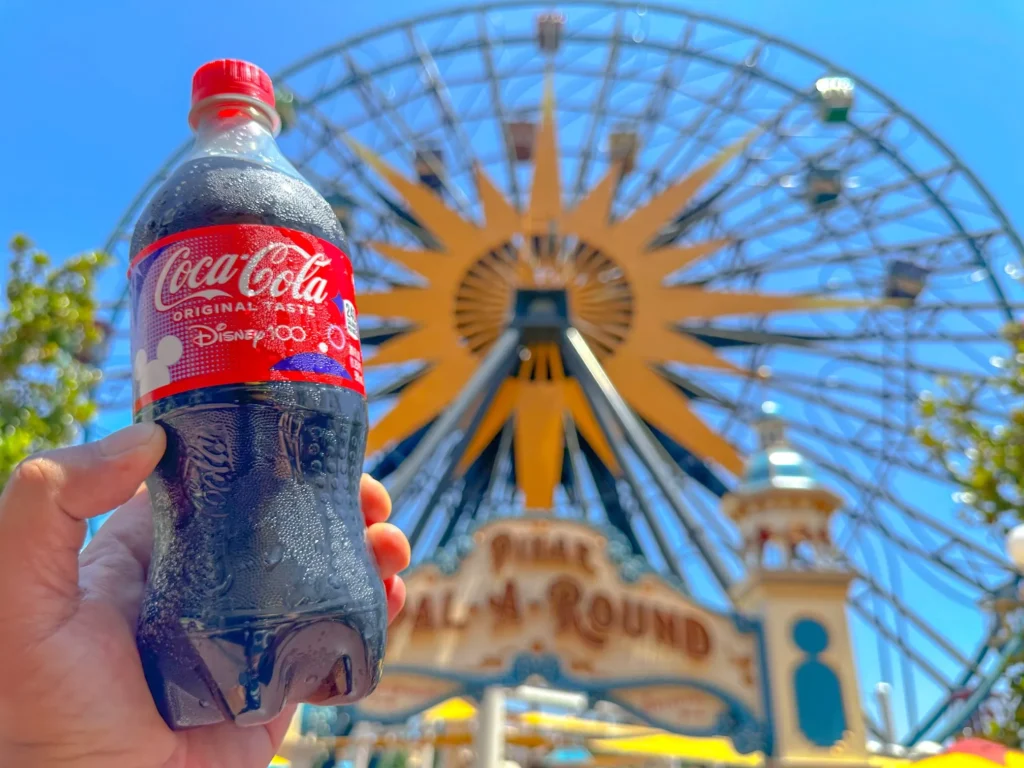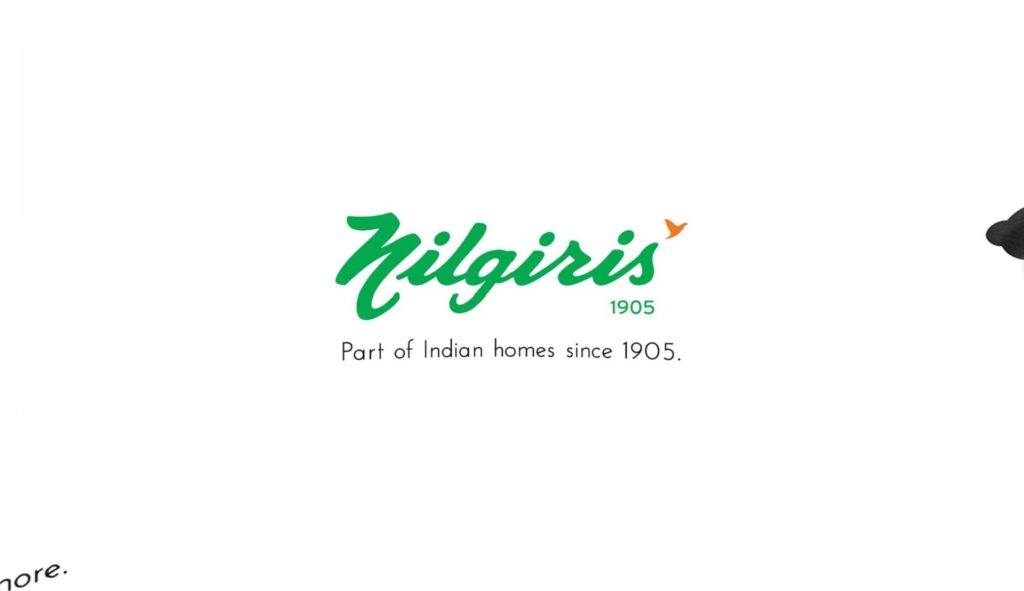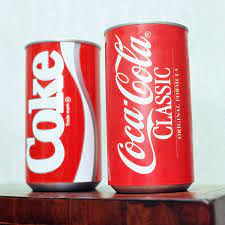How Good Platforms Make Great Money! Amusement Parks Made $25B Last Year: What Businesses Can Learn

The success of platforms like amusement parks comes from relentless innovation and a deep understanding of customer psychology
Disneyland earned $8.3 billion, Universal Studios earned $5.5 billion, and Six Flags earned $1.5 billion.
These are all amusement parks, and they’re more than just thrill factories—they’re business powerhouses. Let me break down the lessons they teach by the ticketload.
- 1/ The Basics
Amusement parks are like cities of entertainment. They bundle rides, shows, dining, and shopping into one immersive experience.
But here’s the twist: once you’re inside, you’re not just there for the rides. You’re part of a controlled ecosystem, much like a closed economy.
This setup transforms amusement parks into more than entertainment hubs—business platforms. Think of them like Amazon: one giant marketplace where everything funnels back to the house.
Here’s how that plays out.
- 2/ Platform Business
When Amazon promotes a product, millions of users see it—not necessarily because it’s the best, but because it’s on Amazon’s platform.
The same thing happens at amusement parks. They provide massive exposure for anything sold on-site.
Take Coca-Cola, for example. You’ll notice Coke-branded drinks at nearly every park, from Disney to Six Flags. Why? Because they’re the exclusive beverage partner.

Does Coke taste better in a theme park? Probably not. But does it sell in massive quantities? Absolutely. Thanks to exclusive distribution deals, theme parks move millions of sodas annually.
That’s the platform effect. And it doesn’t stop at beverages.
- 3/ Exclusive Experiences
Amusement parks are experts at selling exclusive experiences. Think VIP tours, behind-the-scenes access, and premium seating for nighttime fireworks.
One standout example is Universal Studios’ VIP Experience. Guests who buy it skip all the lines, get a private guide, and enjoy reserved dining areas. For families looking to maximize their day, it’s a no-brainer—and it comes at a premium.

These exclusives aren’t just add-ons; they’re profit machines. Parks create scarcity and leverage their captive audience to drive demand.
But exclusivity isn’t just about on-site experiences. Some parks extend the magic beyond the gates.
- 4/ Merchandising Empire
A single product in an amusement park can generate endless revenue streams through strategic pricing and merchandising.
Take Disney’s “Mickey Ears.” The basic model costs $25, but the options are endless: sequins, custom embroidery, limited-edition designs, and even light-up versions. By the end of the day, some families have spent hundreds of dollars on these “must-haves.”

The key? The Product Ladder. Parks masterfully offers multiple versions of the same core product, catering to every budget and desire.
This strategy isn’t limited to merchandise. Parks also tier their tickets, offering everything from general admission to multi-day passes with exclusive perks.
- 5/ Partnerships and Licensing
Amusement parks don’t rely on ticket sales; they forge strategic partnerships to create additional revenue streams.
Take the Harry Potter franchise at Universal Studios. The Wizarding World of Harry Potter isn’t just an attraction; it’s a licensing powerhouse. From Butterbeer to Hogwarts robes, every themed item sold adds to the park’s profits—and bolsters the franchise’s reach.

Disney, too, leverages its intellectual property across its parks, movies, and streaming platforms. Disney creates a seamless brand ecosystem by integrating storytelling into every aspect of the park experience.
- 6/ My Take
Amusement parks are more than places to scream on roller coasters—they’re finely tuned business machines.
For nearly 70 years, they’ve been perfecting the art of combining entertainment, exclusivity, and commerce. Their success comes from relentless innovation and a deep understanding of customer psychology.
So what’s the takeaway?
- They turn customers into participants, creating immersive experiences that inspire loyalty.
- They maximize revenue by offering endless tiers of products and services.
- They forge partnerships to expand their platforms and capture new audiences.
And it’s paying off. The rides are getting faster, the experiences are more affluent, and the profits are more significant.
In a world where experiences are king, amusement parks aren’t just surviving—they’re thriving.



